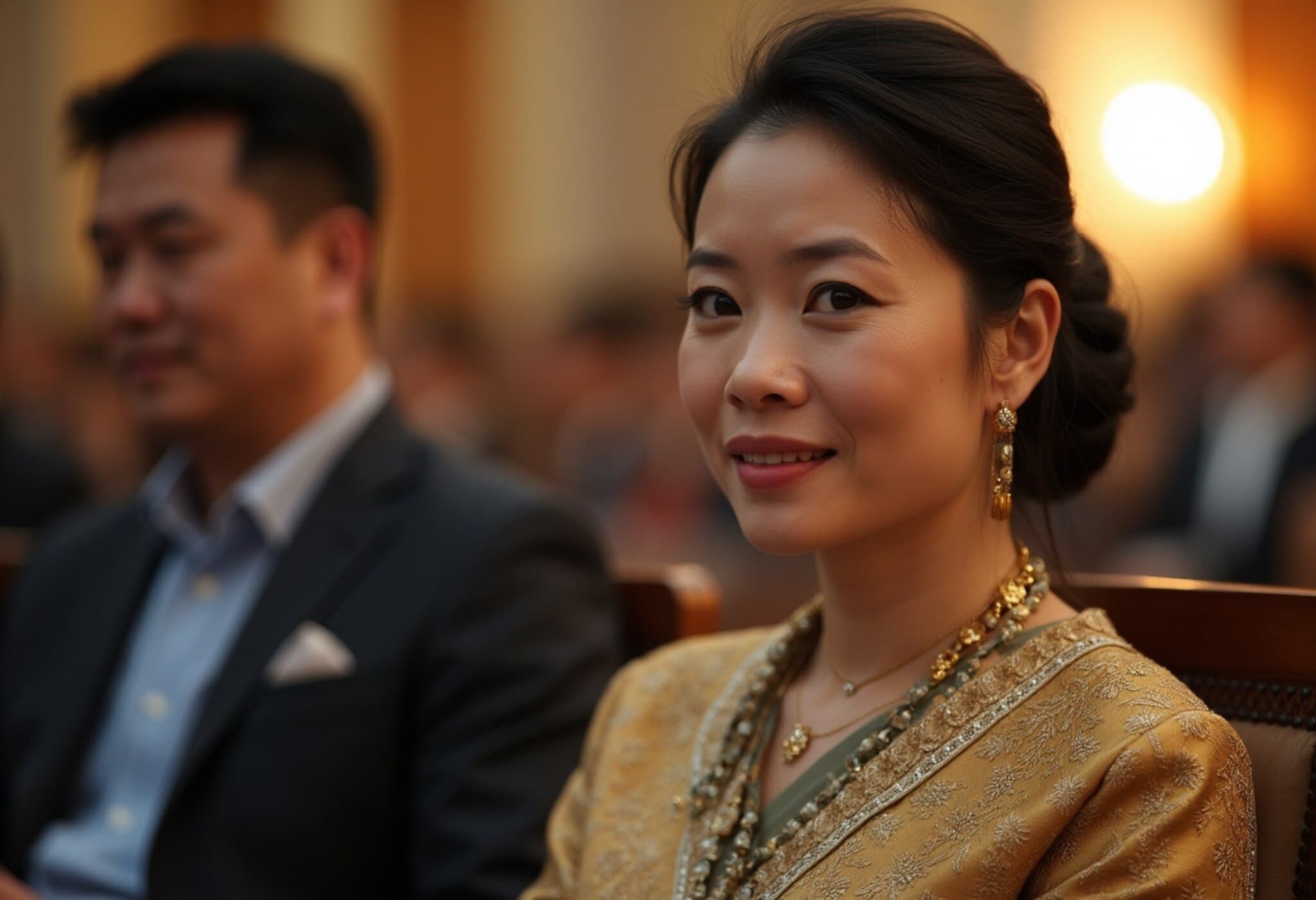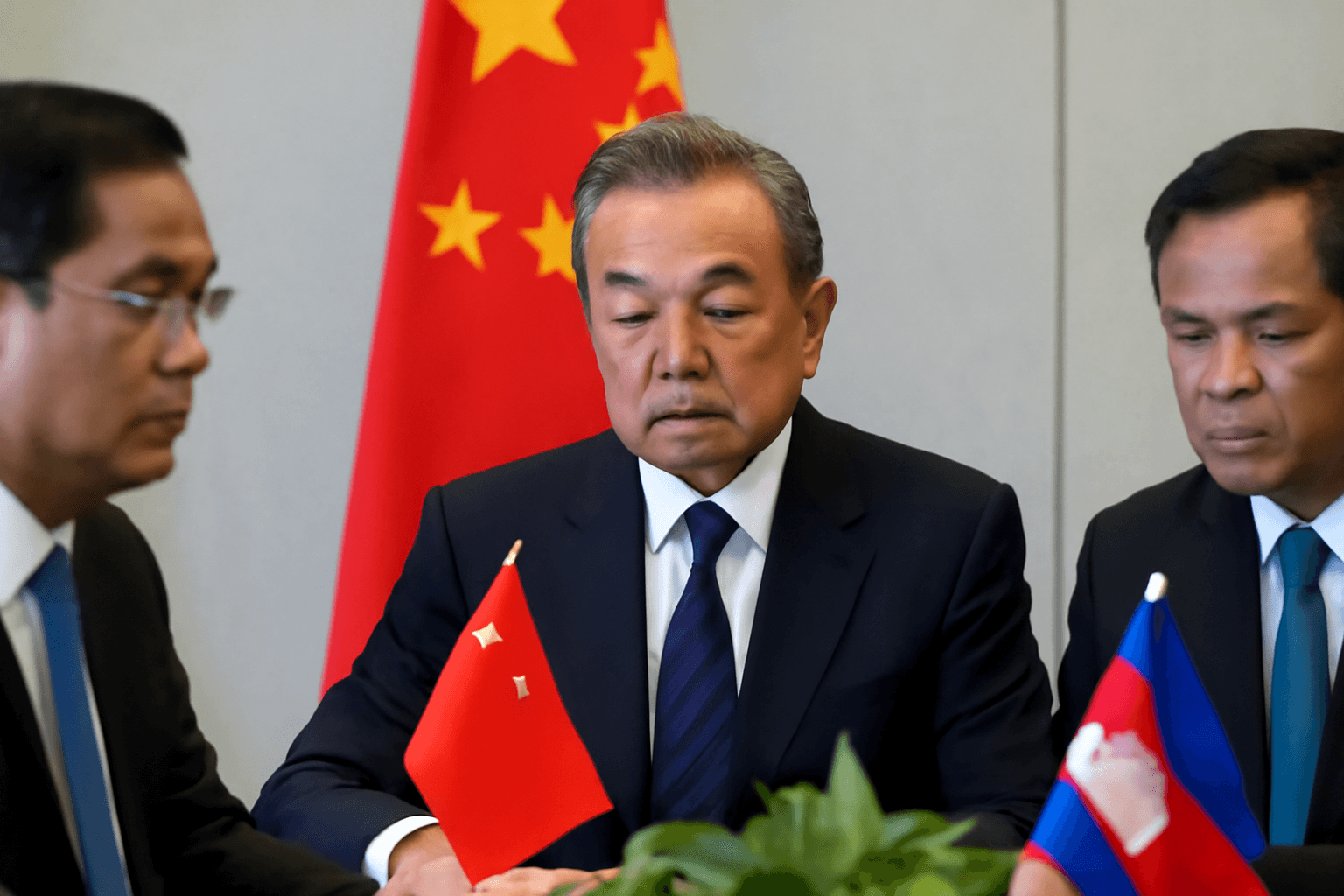Thailand’s Constitutional Court Removes Prime Minister Paetongtarn Shinawatra
In a stunning development that underscores the deep political fissures in Thailand, the Constitutional Court has dismissed Prime Minister Paetongtarn Shinawatra from office over an ethics violation. The verdict, announced on August 29, 2025, abruptly ends the brief premiership of Thailand’s youngest head of government, who had only served for one year.
This marks the sixth time a premier linked to the influential Shinawatra family has been ousted by the judiciary or military in the last two decades, highlighting the persistent and bitter struggle between Thailand’s powerful political elites.
Details of the Ethics Violation and Political Impact
The court ruling centered on a leaked telephone conversation from June, during which Paetongtarn appeared to show deference to Cambodia’s former leader, Hun Sen, amid escalating border tensions. The dialogue, perceived as compromising Thailand’s position, preceded a five-day armed conflict between the two nations.
Paetongtarn has publicly apologized, stating her intention was to prevent war. Yet, the legal consequences were swift and decisive, reflecting the constitutional court’s critical role in Thailand’s ongoing political crisis.
A Legacy of Political Turbulence
The Shinawatra family has long been a central figure in Thailand’s political drama. From Thaksin Shinawatra’s groundbreaking premiership through multiple removals, to Paetongtarn’s rise and fall, their journey encapsulates the clash between popular electoral mandates and entrenched conservative and royalist power groups.
Political scientists argue that the court has become a pivotal player in this tug-of-war, often sidelining democratically elected leaders and plunging the nation into repeated cycles of instability.
What’s Next for Thailand’s Government?
Attention now turns to the composition of a new government. The current cabinet, led by Deputy Premier Phumtham Wechayachai, will act in a caretaker capacity until Parliament elects a new prime minister. There is no constitutional deadline for this election, opening the door to prolonged negotiations and uncertainty.
Potential Successors and Political Challenges
Five candidates are in the running for the premiership, including only one from Paetongtarn’s Pheu Thai party: Chaikasem Nitisiri, a 77-year-old former attorney general with limited political exposure. Other contenders include former Prime Minister Prayuth Chan-ocha, who led the 2014 military coup, and Anutin Charnvirakul, a deputy premier who recently pulled his party from the coalition amid the phone call controversy.
Observers note that Pheu Thai’s razor-thin coalition majority significantly weakens its bargaining position in forming a government, especially in the face of a vocal opposition pushing for early elections and reform.
Economic and Social Implications
The political instability comes at a sensitive time for Thailand’s economy, which the central bank forecasts will grow only 2.3% this year. Public frustration is mounting over slow progress on long-needed reforms, which risks further eroding confidence in the political establishment.
Chulalongkorn University political scientist Stithorn Thananithichot remarked, "Appointing a new prime minister will not be straightforward and is likely to be a lengthy process. The divergent interests among parties make alignment difficult, and Pheu Thai is in a weakened state."
Expert Commentary: Broader Reflections on Thai Democracy
The recurrent ousting of Shinawatra-aligned leaders not only disrupts governance but also raises profound questions about the balance of power in Thailand’s political system. Does the judiciary’s outsized role hinder democratic consolidation, or is it a safeguard against unwarranted executive actions?
Moreover, Paetongtarn’s removal over a diplomatic misstep amid rising geopolitical tensions illustrates how external affairs can deeply intertwine with domestic politics.
This episode may well signal a continued pattern of fragile coalitions and short-lived governments, fostering skepticism about Thailand’s political stability and policy continuity.
Summary Box: Key Takeaways
- Paetongtarn Shinawatra, Thailand’s youngest PM, was ousted after an ethics breach involving a leaked call with Cambodia’s ex-leader.
- The decision underscores the persistent power struggle between the Shinawatra dynasty and conservative royalist factions.
- Five candidates are vying to succeed her, but coalition fragility and opposition pressure complicate elections.
- Political instability occurs amid slow economic growth and public calls for reform.
- The ruling raises questions about the judiciary’s role in democratic governance and Thailand’s future political trajectory.
Editor’s Note
Thailand’s political landscape remains deeply fractured, and Paetongtarn’s removal adds another chapter to the nation’s ongoing struggle between elected leadership and entrenched power structures. As the country navigates this uncertain period, observers should watch closely how coalition dynamics, judiciary interventions, and geopolitical pressures will shape Thailand’s path forward. Could this moment spur reforms fostering greater stability, or will it deepen the cycle of disruption? The coming months will be critical for both the nation’s democracy and its economic resilience.

















